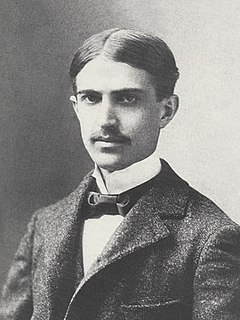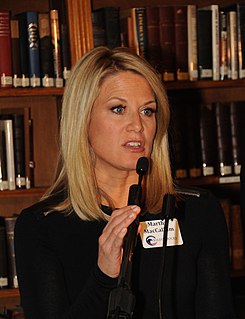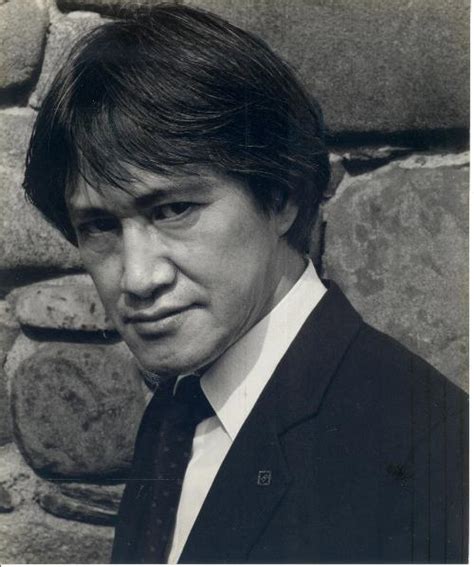A Quote by Richard P. Feynman
There’s so much distance between the fundamental rules and the final phenomenon, that it’s almost unbelievable that the final variety of phenomenon can come from such a steady operation of such simple rules.
Quote Topics
Related Quotes
Taken as a whole, Europe's share of world output is projected to fall by almost a third in the next two decades. This is the competitiveness challenge - and much of our weakness in meeting it is self-inflicted. Complex rules restricting our labour markets are not some naturally occurring phenomenon.
I love child things because there's so much mystery when you're a child. When you're a child, something as simple as a tree doesn't make sense. You see it in the distance and it looks small, but as you go closer, it seems to grow - you haven't got a handle on the rules when you're a child. We think we understand the rules when we become adults but what we really experienced is a narrowing of the imagination.
Usually naive interviewers hover between two mutually contradictory convictions: one, that a text we call creative develops almost instantaneously in the mystic heat of inspirational raptus; or the other, that the writer has followed a recipe, a kind of secret set of rules that they would like to see revealed. There is no set of rules, or, rather, there are many, varied and flexible rules.
Rules about public sanitation are a simple and familiar example. Without them, a city can't be a healthy place to live; but these rules don't just happen. The rules for a city are different from the ones for a village, but as a village slowly gets bigger, a city may be stuck with the rules of the village.




































